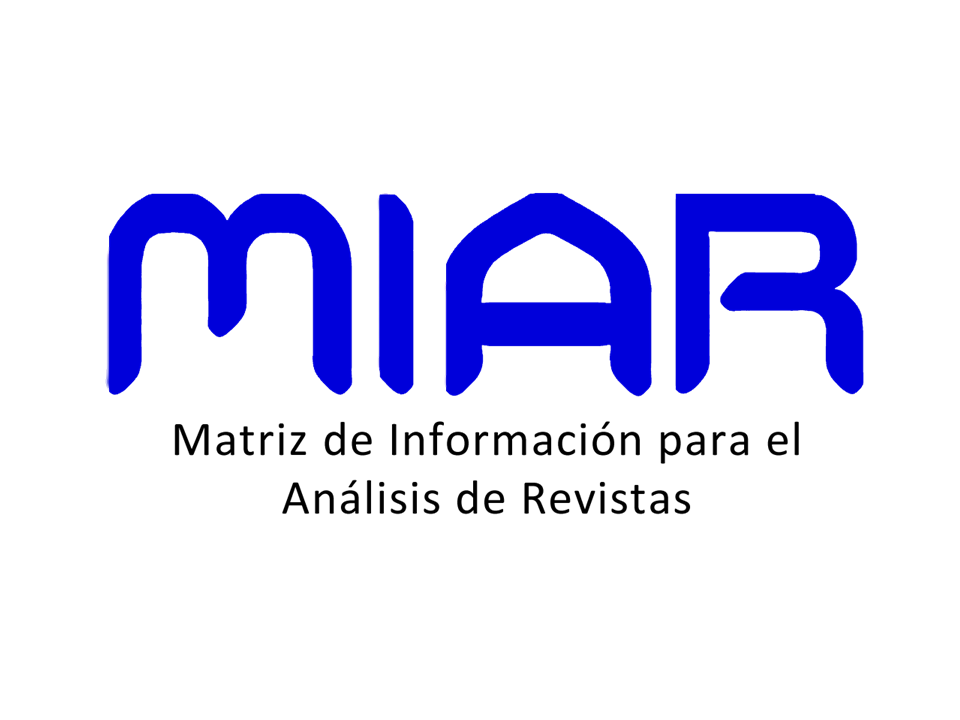CRENÇAS DE PROFESSORAS SOBRE ENSINAR LÍNGUA ESTRANGEIRA MEDIADA PELO TELETANDEM
DOI:
https://doi.org/10.22478/ufpb.1983-9979.2021v16n2.58820Keywords:
Beliefs, Teaching of foreign languange, TeletandemAbstract
ABSTRACT: The aim of this work is to identify and analyze the beliefs of Spanish teachers in initial training about the process of teaching a foreign language mediated by Teletandem. It is a qualitative research of ethnographic basis (ANDRÉ, 1995; Ludke; ANDRÉ, 1986), whose analysis is focused on the teaching conceptions presented by the participants, Spanish language teachers in initial training, rescued in an initial questionnaire, autobiographies, Teletandem interactions performed and recorded by Skype, logbooks of each interaction and a semi-structured interview. Our discussions are centered on the conceptions of beliefs (BARCELOS, 2001, 2004, 2006), and on the collaborative, autonomous and intercultural context of language teaching and learning, the Teletandem (TELLES, 2009a; BENEDETTI, 2010). The data analysis evidences conceptions of teaching foreign languages focused on the traditional bias, in which the teacher shares his knowledge with the students, as well as the (re)signification of such perspective throughout the interactions in the Teletandem, turning to teaching as a knowledge exchange, in which student and teacher learn collaboratively.










